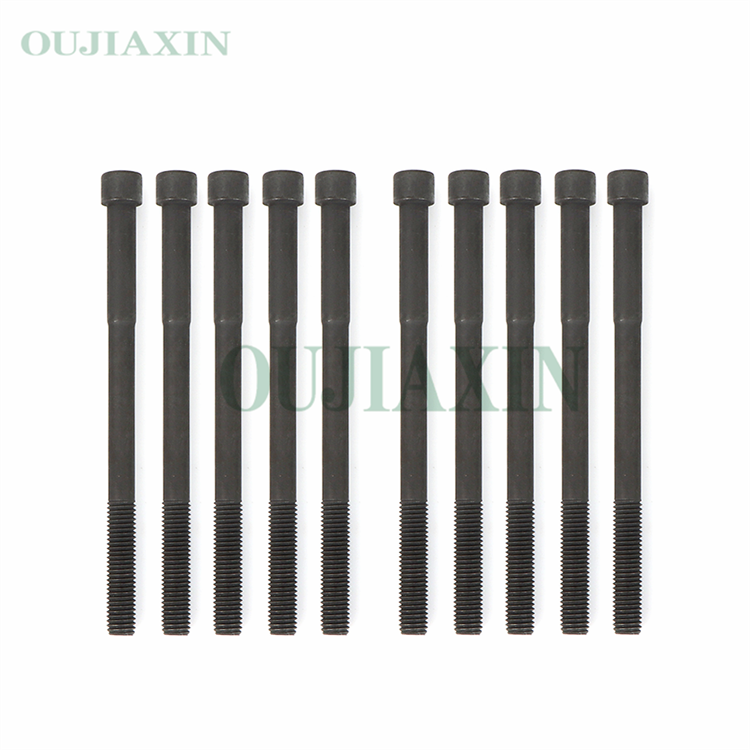Engine failure is not the end of the journey—it’s a chance to pause, assess, and react with calm. A few practical steps can protect your safety, reduce repair costs, and get you back on the road sooner. Here’s what to do when the engine fails.

- Pull over safely and quickly. Signal, slow down, and steer to the shoulder or a safe parking area. Turn on hazard lights to warn other drivers. If you’re on a busy highway, stay in the car with seatbelt fastened until you reach a safe spot, then step out only when you feel it’s safe.
- Check for obvious danger signs. If you see smoke or steam, a burning smell, or hear loud knocking, don’t try to “push” it to a quieter moment. Turn off the engine and, if it’s safe, move away from traffic. Do not open the radiator cap while the engine is hot.
-Assess the symptoms before you call for help. A tendency to stall after a long climb, a sudden loss of power, or a warning light that won’t go away often means different problems. If the engine won’t start, or if it starts briefly and dies, don’t keep cranking it—cranking too long can drain the battery or flood the engine. - Prioritize safety and containment. If you’re stuck on a roadside or your car isn’t drivable, stay with the vehicle or move to a safe location away from traffic. Call roadside assistance or emergency services if you’re in immediate danger, or if you’re uncomfortable dealing with the situation yourself.
- Call for help and document details. Contact your roadside plan or a trusted tow service. Have your location, vehicle make and model, VIN if possible, and your policy or plan number handy. If you can safely retrieve it, jot down the warning lights you saw and the time of the incident.
- After it’s towed or moved to a shop, choose a reputable mechanic. Get a clear estimate and ask for a written diagnosis. Keep records of repairs and warranties for future peace of mind.
Prevention matters too: regular maintenance, timely oil changes, coolant checks, belts and hoses inspection, and battery tests can dramatically reduce the risk of a roadside failure. Pack a basic emergency kit—flashlight, reflective vest, water, blanket, jumper cables, and a phone charger—so you’re prepared for the unexpected. If you want ongoing confidence, our 24/7 roadside assistance network can be your safety net on every mile. We’ll help diagnose, tow, and arrange trusted repairs—so you’re never far from a supportive, expert touch when you need it most.
As a reliable supplier and partner, Oujia focuses on various engine partsengine parts, especially on gasoline engine parts and on diesel parts for passenger cars. Oujia not only provides high and stable quality and excellent services to our customers, but also provides long-term self- brand creation and OEM services for our overseas customers.